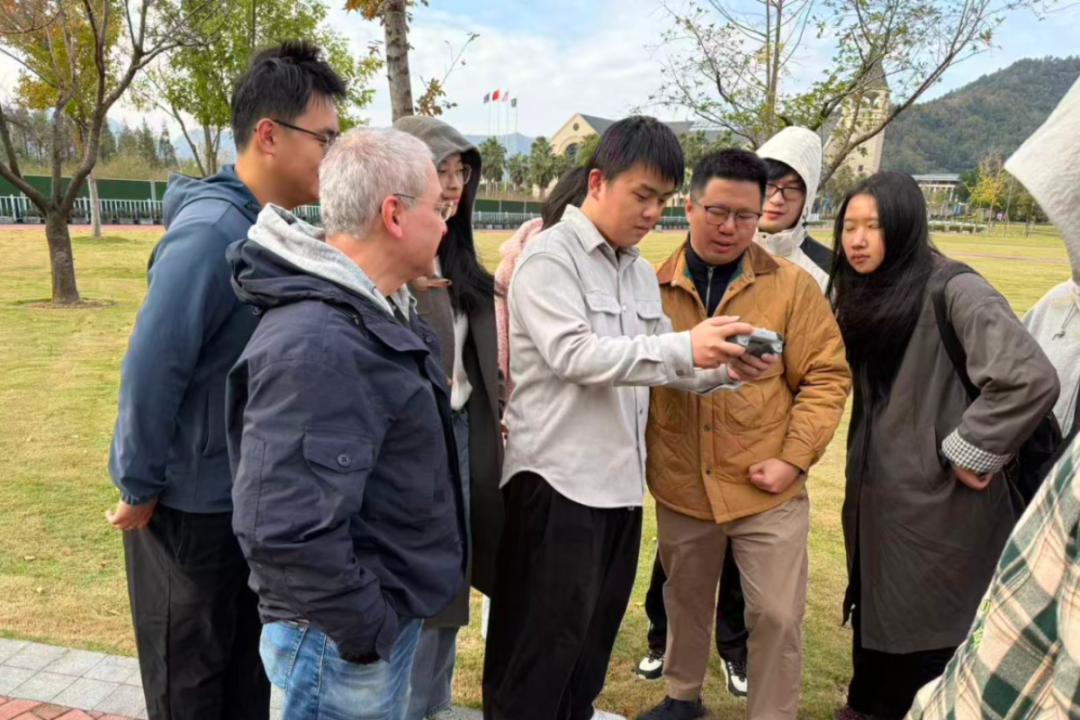Book Recommendation丨Fruit Bookstore: The Sweet and Sour Tapestry of Life's Flavors
On the shelves, there are always books that, when opened, release peculiar fragrances.
Not the smell of ink, but the clear bitterness of citrus ripened under the sun, the tartness of grapes swelling and splitting in a rainstorm, the sweetness of apples tinged by autumn frost—perhaps the soft thud of a fruit falling from a branch at dawn, startling a forgotten memory; or the bubbling jam on a stovetop, thickening time itself.
The moment you turn the page, it's like taking a bite of freshly picked fruit—juices bursting forth, flooding the senses with the truest flavors of life.

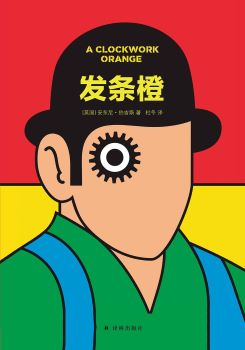
A Clockwork Orange
CALL No.: PR6052.U638 B87 2011 CN
Goodness is something to be chosen. When a man cannot choose he ceases to be a man.
In the UK, a teenager named Alex leads a gang notorious for their heinous crimes and is imprisoned for murder. In prison, he is forced to undergo "aversion therapy," which strips him of his capacity for violence but also robs him of his instinct for self-defense and free will. Upon release, he is abandoned by his parents, subjected to revenge from his victims, beaten by former gang members, and exploited by an anti-government writer. Eventually, the government restores his ability to commit violence to quell public outrage, but when he returns to his old ways, he grows weary and yearns for a normal life. The novel delves into the paradox of individual freedom versus social control, provoking profound reflections on human nature and power.
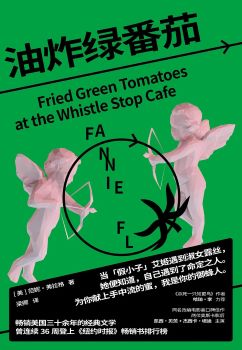
Fried Green Tomatoes at the Whistle Stop Café
CALL No.: PS3556.L26 F53 2024 CN
However, courage is not just about being afraid and going ahead anyway. Courage is having a good reason to be scared and going on anyway, because you have to.
During her visits to a nursing home to see her mother-in-law, Evelyn meets an elderly woman named Ninny. Struggling with a midlife crisis and trapped in a cycle of binge eating, Evelyn shares desserts with her while listening to Ninny recount a story from fifty years earlier. It is a tale about a small Southern town bathed in warm sunshine, where two close friends, Idgie and Ruth, ran a café. Their signature dish, fried green tomatoes, became a symbol of unity. In an era of racial segregation, they broke down prejudices by welcoming Black friends into their lives and stood by each other in the face of violent threats. Ninny's story intertwines the resilience of female friendship, the resistance against bigotry, and the transformative power of memories passed down through time, weaving together a narrative of courage and tenderness that transcends generations.
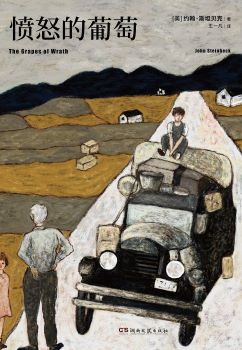
The Grapes of Wrath
CALL No.: PS3537.T3234 S74 2019a CN
The last clear definite function of man—muscles aching to work, minds aching to create beyond the single need—this is man.
During the Great Depression, the Joad family is driven from their Oklahoma farm by dust storms and corporate exploitation. Forced to migrate to California, they endure immense hardship—grandparents die on the road, a son disappears—only to find exploitation and poverty instead of the promised land. Yet through it all, Ma Joad's unyielding strength and the solidarity among migrant workers sustain them. Tom leaves to fight for justice, and Rose of Sharon offers her breastmilk to save a starving man. The novel exposes systemic injustice while honoring the resilience, compassion, and hope of the oppressed.
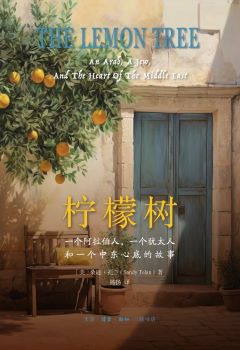
The Lemon Tree: An Arab, a Jew, and the Heart of the Middle East
CALL No.: DS126.6.K5547 T65 2023 CN
History, in the end, is just another story. And who tells it matters.
In 1930, Bashir's father built a stone house in Ramallah and planted a lemon tree. In 1948, following the creation of the State of Israel, Bashir's family was forced into exile, while Dalia's family—Jewish survivors of the Holocaust from Bulgaria—moved into the house. In 1967, Bashir returned to his former home and met Dalia, sparking a dialogue and a difficult friendship that transcended the religious divide. Over the next four decades, though they argued frequently and never reached full agreement, they continually sought understanding and brought a glimmer of hope to efforts to resolve the Israeli-Palestinian conflict. The story presents personal narratives at the heart of the conflict, reflecting the complex humanity and deep yearning for peace amid national strife.
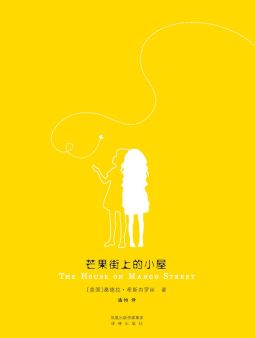
The House on Mango Street
CALL No.: PS3553.I78 C57 2012 CN/EN
PS3553.I78 C57 2020 CN
I want to be like the waves on the sea, like the clouds in the wind, but I'm me. One day I'll jump out of my skin. I'll shake the sky like a hundred violins.
Esperanza's family moved constantly due to poverty, and Mango Street became their temporary refuge—a place marked by chaos and struggle, yet warmed by the compassion of neighbors. In poetic language, she chronicled the lives of women around her: Rafaela, confined by her husband; Marin, yearning to escape. She also wrote of her own search for identity and her desire to break free. In the end, she realized that leaving was not an act of abandonment, but a necessary step to forge the strength to return. Composed of fragmented vignettes, the novel traces the pains of growing upand the quest for belonging. Ultimately, the protagonist finds herself, carrying the imprint of her community, as she steps into a wider world.
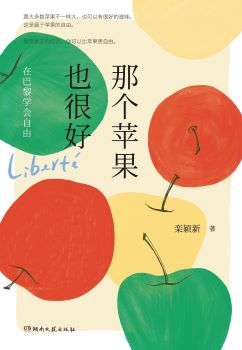
That Apple Is Also Fine
CALL No.: PL2947.5.U26 L83 2023 CN
Like apples in this world, each may grow into unique forms. However varied their appearances, every one holds a singular sweetness—each, in its own way, perfectly complete.
This essay collection brims with meditations on life and a spirit of freedom. Based on the author's student days in Paris, it vividly portrays a young woman from Northeast China navigating life abroad, a life that involved switching between French and her mother tongue, overcoming language barriers, finding housing in Parisian alleys, and discovering warmth in human connections. Meanwhile, she reflects on everyday existence and, through pandemic-era insights, explores the essence of freedom with the light touch of an outsider. The title draws inspiration from a trip to Japan, where apples deemed "flawed" due to their appearance inspired her philosophy of "being oneself naturally," encouraging readers to embrace their true selves and an imperfect yet liberated life.
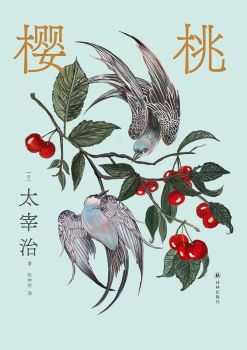
Cherries
CALL No.: PL825.A8 D39 2023b CN
It is truly no easy thing to live in this world. Everywhere there are shackles that bind you; even the slightest movement may make you bleed.
This short story by Osamu Dazai, a leading figure of Japan's "Buraiha" school, was published one month before his suicide. Told in the first person, it follows a protagonist drifting through bars due to family strife. When he sees cherries, he wrestles with the impulse to bring them home to his children, yet murmurs: "Parents matter more than children." The moment becomes a painful meditation on parenthood and self-duty, revealing the tension between domestic responsibility and personal disintegration. Everyday trivialities convey profound existential struggles, epitomizing Dazai's "aesthetics of destruction" and his perpetual conflict between the "will to live" and the "lure of death."

Closing the book, a delicate fragrance seems to linger at the tip of the nose.
Life is like a fruit -- coated in sweetness yet filled with tartness within, each bite offers a taste of endless vitality.
Content | LI Sirui
Layout | LI Sirui
Review | GU Mengmeng & HU Linxiao



